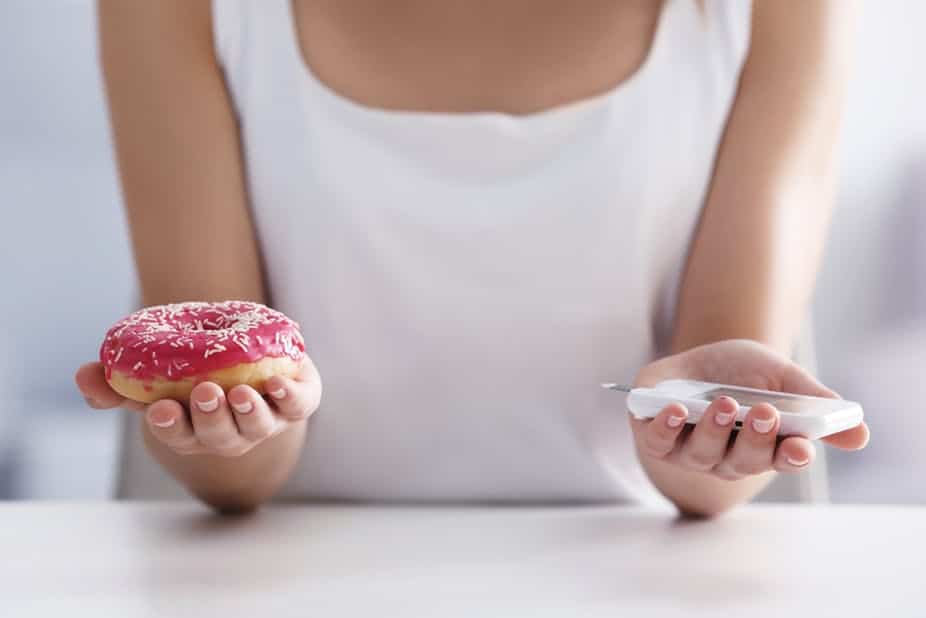Let’s talk about sugar reduction. No, not the latest fad diet or a health guru’s lecture—this is about real change in how we eat and drink.
You might have noticed it creeping in over the past few years, with policymakers cranking up the pressure like your gym trainer during the last set.
From the Soft Drinks Industry Levy (a fancy name for the Sugar Tax) to Public Health England telling us to cut back on the sweet stuff, everyone seems to be in on the game plan to get us to dial down the sugar.

And guess what? It’s working. According to the Food Standards Agency, sugar has become the number one concern for shoppers, beating out even price.
Yes, you read that right—people care more about how much sugar is in their food than how much it costs. That’s a big shift.
The UK’s soft drink companies have been quick on the uptake, rolling out more low or no-sugar options faster than you can say “diet cola.”
Since the Sugar Tax came into play back in 2018, we’ve seen a massive 27% drop in sugar in these drinks. It’s like they finally read the room and realised that we’d rather not guzzle a liquid candy bar every time we get thirsty.
But let’s not get too comfy. Public Health England says only 5% of our daily energy should come from ‘free sugars’—you know, the sugars added to foods, not the natural ones in fruits.
But here we are, munching and sipping our way to about 12-15% instead. Oops. So, the Sugar Tax wasn’t just a one-off attempt to grab headlines; it’s part of a bigger strategy to tackle obesity, which is costing the UK a jaw-dropping £47 billion a year. That’s a lot of zeroes.
Dr. Dawn Harper, who knows a thing or two about this stuff, had some thoughts on the whole sugar-cutting mission.
“Excessive sugar isn’t just about a few extra pounds; it’s a major health risk, leading to issues like obesity and diabetes,” she says.
And she’s right—we’ve got to get smarter about this. Her advice? Go for low or no-calorie sweeteners. “In an ideal world, we’d all just stop eating so much sugar, but let’s be real—everyone’s going to want a piece of cake at some point. It’s about managing those moments smartly.”
She also clears up some confusion about sweeteners. Some folks think they might trigger a sweet tooth or mess with your body’s signals, but Dr. Harper says there’s no evidence for that.
In fact, decades of research show that sweeteners can be a great tool in cutting down on sugar without piling on the calories.
If you’re wondering how to put this into practice without feeling like you’re on a crash diet, Dr. Harper’s got some practical tips:
- For starters, rethink that cup of tea. Swapping sugar for a sweetener could save you thousands of grams of sugar a year. That’s a lot of sugar not going to your waistline.
- Breakfast is another easy win. Instead of sprinkling sugar on your cereal or porridge, use a sweetener. It’s a small change that adds up over time.
- And for those of us who love to bake (or at least love to eat what we bake), try out recipes that use sweeteners instead of sugar. You still get that sweet taste without the sugar crash.
Backing up Dr. Harper’s approach, Diabetes UK also says low and no-calorie sweeteners are safe and helpful in managing weight and diabetes. They’re especially useful if you’re trying to kick a sugary drink habit.
So there you have it—a straightforward playbook for cutting down on sugar. With a mix of smart policy, public awareness, and a few practical swaps, we’re moving in the right direction. Just like in life, it’s all about the small changes adding up to big results.





